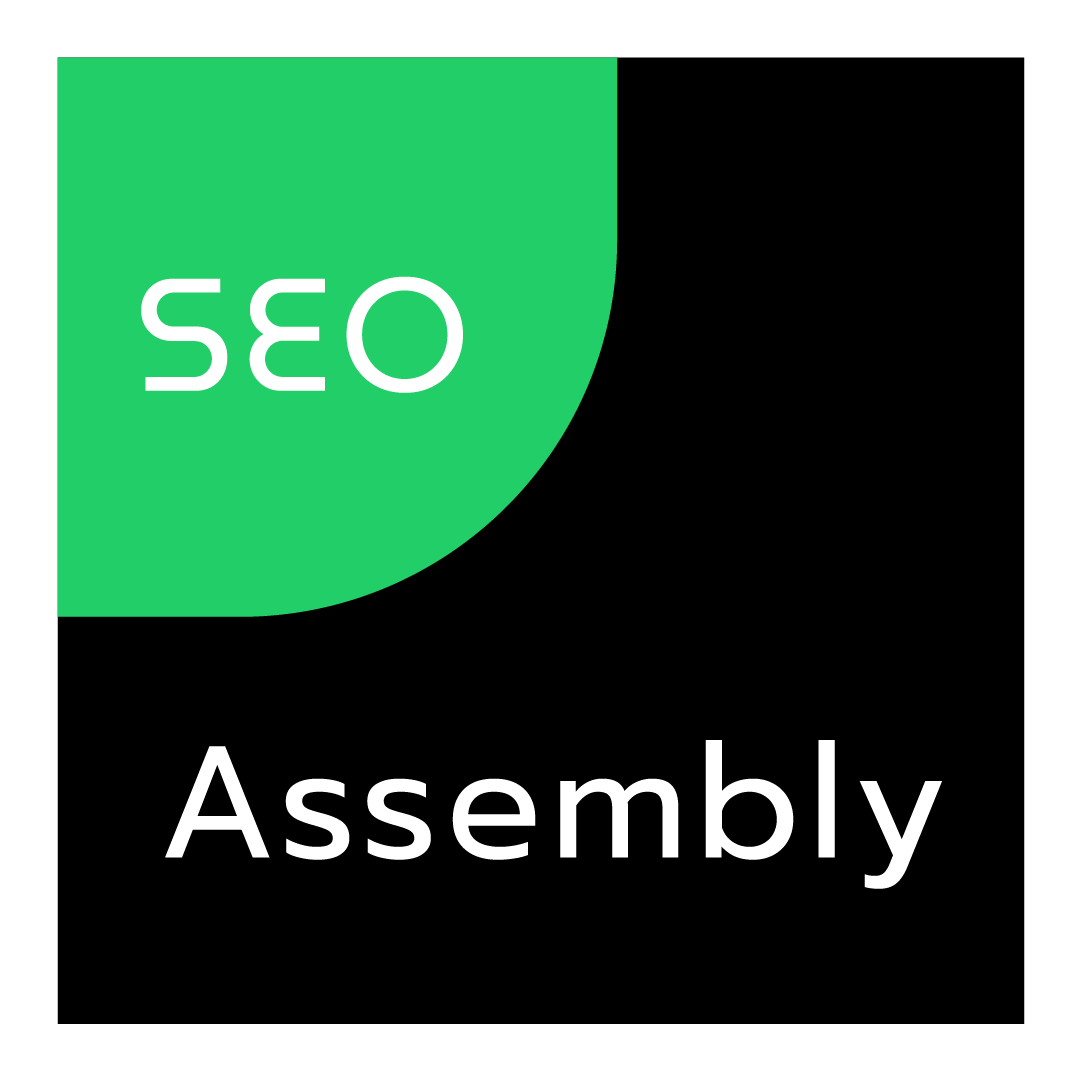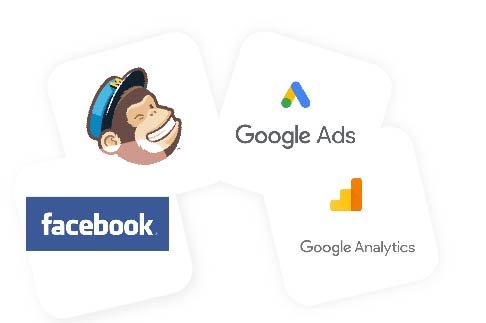The Complete Guide to AI-Powered SEO Tools in 2025
In the rapidly evolving digital marketing landscape, artificial intelligence has revolutionized how we approach search engine optimization. As we navigate through 2025, AI-powered SEO tools have become indispensable for marketers seeking to maximize their organic reach, streamline workflows, and gain competitive advantages in an increasingly complex search environment.
This comprehensive guide explores the most cutting-edge AI SEO tools available today, providing in-depth analysis of their features, practical use cases, real-world examples, and strategic implementation approaches. Whether you’re a seasoned SEO professional or just beginning your optimization journey, this resource will help you harness the power of artificial intelligence to transform your SEO strategy.
Understanding AI-Powered SEO: The FoundationUnderstanding AI-Powered SEO: The Foundation
Artificial intelligence in SEO represents a paradigm shift from traditional, manual optimization techniques to sophisticated, data-driven approaches that can analyze vast amounts of information, identify patterns, and make strategic recommendations at unprecedented scale and speed.
Key Benefits of AI-Powered SEO Tools
- Automated Content Analysis: AI tools can instantly analyze thousands of pages to identify optimization opportunities
- Predictive Analytics: Machine learning algorithms predict search trends and algorithm changes
- Real-time Monitoring: Continuous tracking of rankings, traffic, and performance metrics
- Competitive Intelligence: Deep insights into competitor strategies and market positioning
- Natural Language Processing: Better understanding of user intent and semantic search patterns
Top AI-Powered SEO Tools: Comprehensive Analysis
1. Surfer SEO: Content Optimization Excellence
Key Features:
- Real-time content scoring based on top-ranking competitors
- SERP analyzer with comprehensive keyword clustering
- AI-powered content editor with optimization suggestions
- Automated audit recommendations
- Keyword research with search intent analysis
Practical Use Cases:
Surfer SEO excels in content optimization scenarios where you need to create highly competitive content. For instance, when targeting competitive keywords like “best project management software,” Surfer’s AI analyzes the top 100 SERP results to provide specific recommendations on word count, keyword density, semantic keywords, and content structure.
Implementation Strategy:
- Begin content creation by entering your target keyword
- Use the Content Editor’s real-time scoring (aim for 70+ score)
- Follow semantic keyword suggestions to improve topical authority
- Implement structural recommendations for headings and paragraphs
- Monitor performance using built-in ranking tracking
Best Practices:
- Always analyze SERP context before writing
- Focus on semantic keywords rather than exact matches
- Use the Outline Builder for comprehensive content planning
- Regularly update content based on algorithm changes
Common Pitfalls to Avoid:
- Over-optimization based solely on Surfer’s recommendations
- Ignoring user experience for the sake of SEO scores
- Neglecting to customize recommendations for your specific audience
2. Frase: AI-Powered Content Research and Optimization
Advanced Features:
- Question research based on “People Also Ask” data
- AI content brief generation
- Competitor content gap analysis
- Answer engine optimization
- Automatic content clustering
Strategic Applications:
Frase particularly shines in industries where answering user questions is crucial. For example, in the healthcare sector, Frase can identify the most commonly asked questions about a medical condition and help create comprehensive FAQ content that targets featured snippets.
Implementation Framework:
- Start with comprehensive keyword research
- Generate AI content briefs for target topics
- Use question research to identify content gaps
- Create content clusters around related topics
- Optimize for featured snippets and answer boxes
3. MarketMuse: Content Planning and Topic Authority
Core Capabilities:
- Topic modeling and content gap identification
- Content scoring and optimization recommendations
- Competitive content analysis
- Content inventory assessment
- Personalized difficulty scoring
Enterprise-Level Applications:
MarketMuse is particularly valuable for large websites with extensive content libraries. A typical enterprise use case involves auditing thousands of existing pages to identify content gaps, redundancies, and optimization opportunities across entire topic clusters.
Strategic Implementation:
- Conduct comprehensive content audit
- Identify high-impact, low-competition topics
- Create content plans based on topical authority gaps
- Optimize existing content for better clustering
- Monitor topic authority improvements over time
4. Clearscope: Content Optimization and Grade Tracking
Distinctive Features:
- Real-time content grading system
- Comprehensive keyword recommendations
- Content performance tracking
- Team collaboration tools
- Integration with popular CMS platforms
Content Marketing Integration:
Clearscope integrates seamlessly into content marketing workflows, providing writers and editors with real-time feedback as they create content. This makes it particularly valuable for content teams producing high volumes of optimized content.
Workflow Integration:
- Research target keywords and related terms
- Create content briefs with recommended terms
- Write content using real-time optimization feedback
- Track performance post-publication
- Iterate and improve based on data insights
5. BrightEdge: Enterprise SEO Intelligence Platform
Enterprise Features:
- Advanced competitive intelligence
- Local SEO optimization tools
- Voice search optimization
- Mobile-first indexing analysis
- Custom reporting dashboards
Large-Scale SEO Management:
BrightEdge is designed for enterprise-level SEO management, handling everything from technical SEO audits to content strategy across multiple websites and geographic regions.
Advanced AI SEO Strategies: Implementation Guide
Content Cluster Development
AI tools excel at identifying content cluster opportunities that might be missed through manual analysis. By leveraging tools like MarketMuse or Frase, you can:
- Identify Topic Gaps: Analyze your existing content against competitor landscapes
- Create Supporting Content: Develop pillar pages with comprehensive supporting articles
- Optimize Internal Linking: Use AI recommendations to strengthen topical authority
- Monitor Cluster Performance: Track how content clusters impact overall domain authority
Technical SEO Automation
Modern AI SEO tools increasingly incorporate technical SEO analysis:
Core Web Vitals Optimization:
- Automated page speed analysis
- Image optimization recommendations
- JavaScript and CSS minification suggestions
- Mobile usability assessments
Schema Markup Implementation:
- Automated schema suggestions based on content type
- Structured data validation and optimization
- Rich snippet opportunity identification
- Local business schema optimization
Predictive SEO Analytics
AI-powered predictive analytics help anticipate:
- Search trend changes
- Seasonal fluctuations in keyword demand
- Algorithm update impacts
- Competitive landscape shifts
Measuring Success: KPIs and Analytics
Essential Metrics for AI SEO Success
Traffic and Visibility Metrics:
- Organic traffic growth rates
- Keyword ranking improvements
- SERP feature capture (featured snippets, knowledge panels)
- Click-through rate optimization
Content Performance Indicators:
- Content engagement metrics (time on page, bounce rate)
- Social sharing and backlink acquisition
- Conversion rate improvements
- Content authority scores
Technical Performance Measures:
- Core Web Vitals scores
- Mobile usability improvements
- Page load speed optimization
- Crawl error reduction
ROI Calculation for AI SEO Tools
To justify investment in AI SEO tools:
- Baseline Establishment: Document current performance metrics
- Time Savings Quantification: Calculate hours saved through automation
- Revenue Attribution: Track conversions and revenue from improved rankings
- Competitive Advantage Measurement: Assess market share gains
- Long-term Value Assessment: Project long-term benefits of improved SEO
Common Pitfalls and How to Avoid Them
Over-Reliance on AI Recommendations
The Problem: Blindly following AI suggestions without considering brand voice, user experience, or business objectives.
The Solution: Use AI recommendations as a starting point, then apply human judgment to ensure content aligns with your brand strategy and user needs.
Neglecting User Experience for SEO Scores
The Problem: Prioritizing SEO metrics over genuine user value and engagement.
The Solution: Balance optimization with user experience by testing content with real users and monitoring engagement metrics alongside SEO performance.
Ignoring Context and Intent
The Problem: Focusing solely on keyword metrics without understanding search intent and user context.
The Solution: Always analyze SERP results and user behavior data to understand what searchers actually want when they use specific keywords.
Future Trends in AI-Powered SEO
Voice Search Optimization
As voice search continues growing, AI tools are evolving to:
- Analyze conversational query patterns
- Optimize for long-tail, natural language keywords
- Identify voice search optimization opportunities
- Track voice search performance metrics
Visual Search Integration
Next-generation AI SEO tools will incorporate:
- Image SEO optimization recommendations
- Visual content gap analysis
- Product image optimization for e-commerce
- Video content optimization strategies
AI-Generated Content Quality Control
Emerging tools focus on:
- Detecting AI-generated content quality
- Ensuring content authenticity and expertise
- Balancing efficiency with genuine value creation
- Maintaining brand voice consistency
Implementation Roadmap: Getting Started
Phase 1: Assessment and Tool Selection (Month 1)
- Audit current SEO performance and identify gaps
- Evaluate different AI SEO tools based on specific needs
- Set up trial accounts and test core functionalities
- Define success metrics and KPIs
Phase 2: Initial Implementation (Months 2-3)
- Implement chosen tools and integrate with existing workflows
- Train team members on new platforms and processes
- Begin content optimization using AI recommendations
- Start tracking performance improvements
Phase 3: Optimization and Scaling (Months 4-6)
- Refine processes based on initial results
- Expand tool usage across more content and campaigns
- Develop custom reporting and analysis frameworks
- Scale successful strategies across larger content volumes
Phase 4: Advanced Strategies (Months 7-12)
- Implement advanced features like predictive analytics
- Develop custom AI workflows for specific business needs
- Create comprehensive content cluster strategies
- Establish long-term competitive monitoring systems
Conclusion: Transforming SEO with AI
The integration of artificial intelligence into SEO practices represents more than just technological advancement—it’s a fundamental shift toward more strategic, data-driven, and effective optimization approaches. The tools and strategies outlined in this guide provide a comprehensive foundation for leveraging AI to improve search performance, streamline workflows, and achieve sustainable competitive advantages.
Success with AI-powered SEO requires balancing technological capabilities with human insight, strategic thinking, and deep understanding of user needs. By following the implementation frameworks, avoiding common pitfalls, and staying current with emerging trends, organizations can harness the full potential of AI to transform their SEO results.
Remember that while AI tools provide unprecedented analytical power and automation capabilities, the most successful SEO strategies combine these technological advantages with creative thinking, strategic planning, and genuine focus on creating value for users. The future of SEO belongs to those who can effectively merge artificial intelligence with human intelligence to create comprehensive, user-focused optimization strategies.
About This Guide: This comprehensive resource draws insights from leading SEO practitioners, AI technology developments, and extensive analysis of current market trends. For the most current information on AI SEO tools and strategies, we recommend regularly consulting industry publications and tool documentation.
Source Attribution: This guide builds upon foundational SEO principles and AI applications extensively covered by industry experts at Backlinko and other leading SEO resources. For additional insights and updates on SEO best practices, visit Backlinko’s comprehensive SEO guides.
Last updated: August 2025
 Our Motto : Keep it simple
Our Motto : Keep it simple
 contact :
contact : 
